Fifteen-Minutes-of-Fame
Robert Dick - Fifteen Minutes of "Infamy"
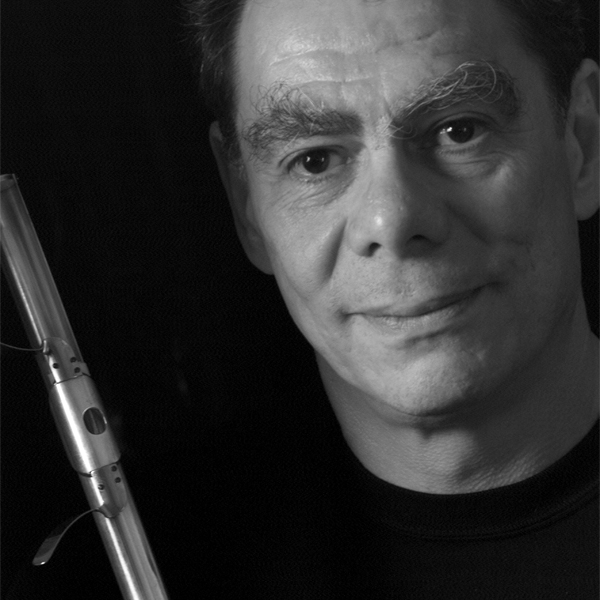
Robert Dick was born and raised in New York City. He began playing the flute as a child, having heard it (well, the piccolo actually) on the radio in the Top 40 hit Rockin’ Robin. HIs parent’s responded to his incessant campaigning for a flute by surprising him with a flute and flute teacher after school in fourth grade. Robert gave his first concert that very day! Setting up chairs for his parents as soon as his father came home from work, he excitedly playing page 1 of the Rubank Elementary Flute Method — and he’s never looked back.
Robert’s main flute teachers were Henry Zlotnik, James Pappoutsakis, Julius Baker and Thomas Nyfenger. As a teenager, Robert thought that he’d become an orchestral flutist and he worked maniacally towards that goal, playing first flute in the Senior Orchestra at the High School of Music and Art and also the New York All-City High School Orchestra. But a summer at Tanglewood, playing in America’s finest student orchestra, showed him that he was not suited to the orchestral life and that he needed to develop himself as a soloist and musical creator.
Robert attended Yale College, where he received a B.A. degree. At Yale, he met Robert Morris, composer and theorist, who was to be a most important mentor. Robert wrote his first compositions and had his first experiences improvising while a Yale undergraduate. He began his first book THE OTHER FLUTE: A Performance Manual of Contemporary Techniques as an undergraduate senior project, completing the book in his first year of graduate study at the Yale School of Music where he received a Masters degree in composition, studying composition with Robert Morris and electronic music with Bulant Arel and Jacob Druckman. (Robert does not have a degree in flute playing.) THE OTHER FLUTE was originally published by Oxford University Press in 1975. While in graduate school, Robert composed his ground-breaking Afterlight, for flute alone, the first flute piece to use multiphonics as the primary building blocks of its musical language. Afterlight received a BMI Oliver Daniel Prize and has become a staple in the flute repertoire.
Find more at robertdick.net
Concert Dates
- January 25, 2015 - Jan Hus Church, NYC, New York
15 one-minute selections for Robert Dick

Ghost of an Old Flame
David Wolfson
David Wolfson is an eclectic, versatile composer of songs, concert music and music for theatre. His CD Seventeen Windows is available from Albany Records and wherever sound files are downloaded. Please visit his website, www.davidwolfsonmusic.net.
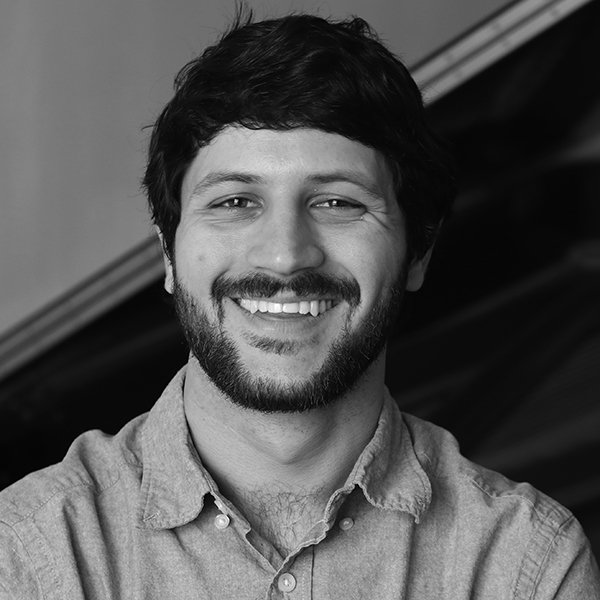
Fluterer
Jospeh Bohigian
Joseph Bohigian is a composer and performer of acoustic and electronic music. His work focuses on issues of memory, cultural reunification, and diaspora, drawing on his experiences as an Armenian-American raised in the Armenian exile community of Fresno, California. With a strong interest in reestablishing a relationship with lost elements of our past to better envision our future, he makes use of archival materials in his music, such as sound recordings, interviews, and written texts, synthesizing fragments of song lyrics and reviving ancient musical notations.
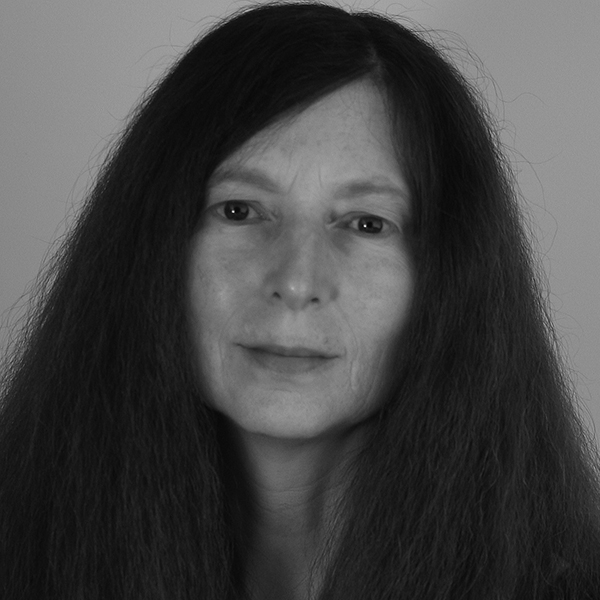
In the Air
Maggi Payne
Payne was raised in Texas, and attended Interlochen Music Camp and Aspen Music School. She received her B. Mus. in applied flute at Northwestern University, studying with Walfrid Kujala, flute, and Alan Stout, Ted Ashford, and M. William Karlins, composers. She received her M. Mus. at the University of Illinois Urbana-Champaign, studying with composers Gordon Mumma, Ben Johnston, and Salvatore Martirano. She studied with Robert Ashley at Mills College, where she received her MFA in electronic music and recording media.
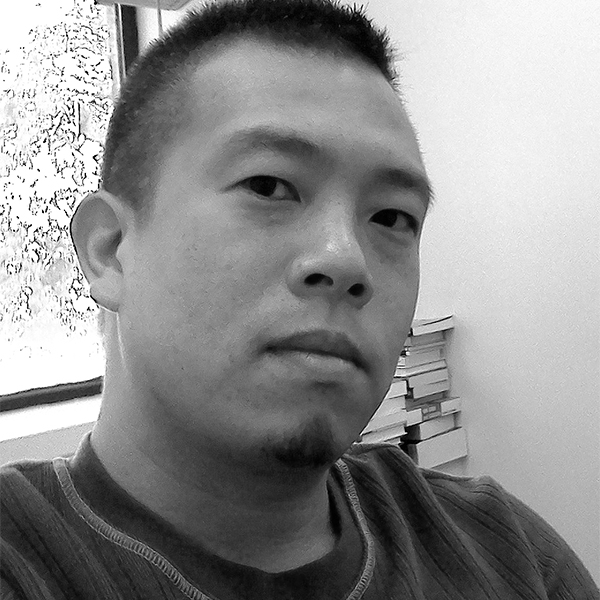
Pale Fire
Masatora Goya
After chasing a rugby ball and studying sociology, Masatora finally turned to performing arts as his true calling and relocated to the United States. Trained as a vocal performer first, he explores the musical landscape of drama, space, and emotion where hidden memories and indescribable feelings dwell. Described as a "composer of cultural crossroads" by American Composers Forum, his unique eclecticism has attracted many musicians performing in nontraditional chamber ensembles, such as Alturas Duo, Duo Anova, Bateira Trio, Cross Island, Liberté Mandolin Orchestra, Duo Yumeno, Tomoko Sugawara, Lucina Yue, Hidejiro Honjoh, Kyo-Shin-An Arts, and Thomas Piercy. Masatora also frequently collaborates with visual artists and film makers, such as Yuki Ideguchi, Sam Platizky, Andre Lewis, Nori Mizukami, Chloe Miller, and Takashi Nasu.
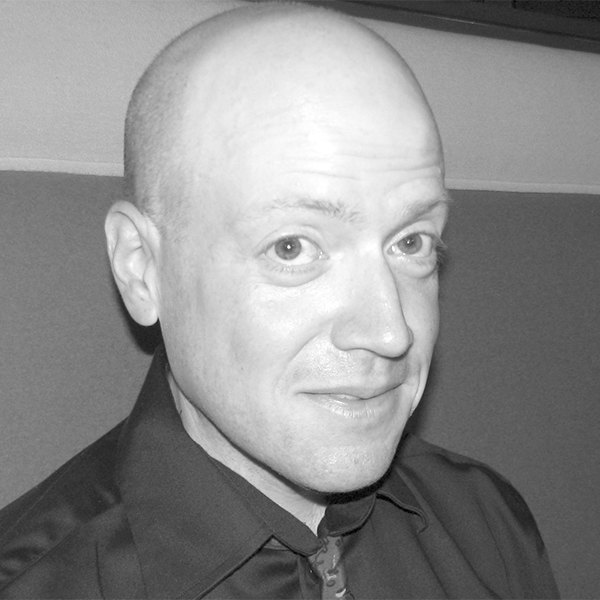
Almost Winter
David Drexler
David Drexler's music has been performed on three continents by groups such as L'Ensemble Portique, The New York Miniaturist Ensemble, Synchronia, Sound--The Alarm!, The Dutch Tuba Quartet, the May in Miami Festival, and the EmergOrchestra, and has been broadcast on Wisconsin Public Radio and many new-music radio shows around the country. He has received grants and commissions from the Oakwood Chamber Players, Music St. Croix, the Madison Chapter of the Wisconsin Alliance for Composers, the Wisconsin Arts Board, and others. His work Liberal Media was recorded by the Oakwood Chamber Players and appears on their CD Scenes. He has served on the board of the Wisconsin Alliance for Composers and WAC's Madison Chapter, and as editor of the Society of Composers, Inc. Online News.
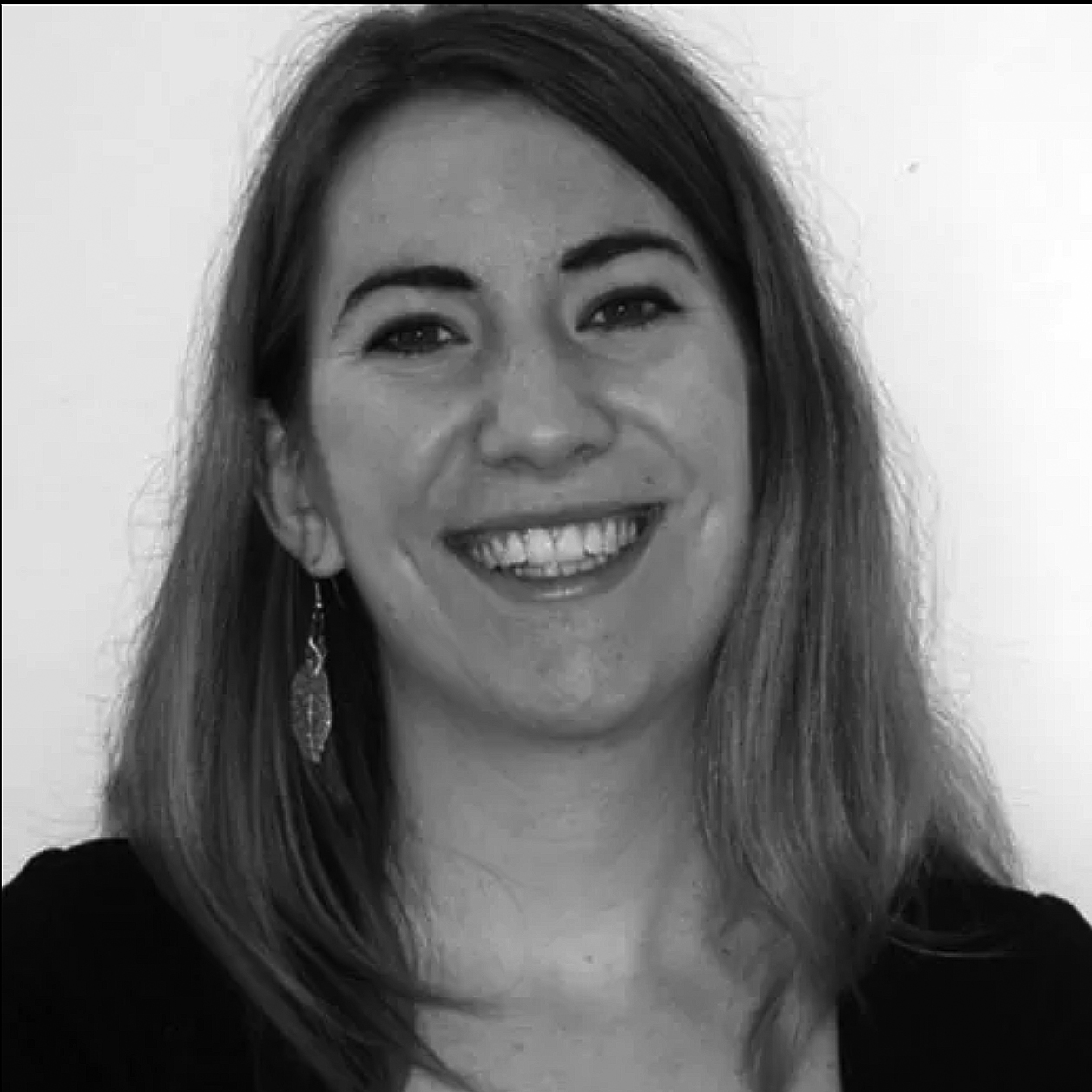
Flute Song
Elizabeth Adams
Violinist Elizabeth Adams has performed as a recitalist and chamber musician throughout the United States, Canada, Europe, and Russia. She holds both an MM in violin and a BA in Russian studies from Yale and a doctorate from l'Université de Montréal. As an undergraduate, she had the opportunity to study violin and Russian language in Saint Petersburg, Russia. Elizabeth has studied chamber music with members of the Borodin and Tokyo String Quartets. She studied piano and chamber music with Anna Balakerskaia and performed in the Smithsonian Institution’s Piano 300 exhibition. In addition, she has participated in summer festivals such as Meadowmount, Orfeo, Schlern, and Soesterberg as both a violinist and pianist. Her teachers include Mikhail Gantvarg, Vladimir Landsman, Ani Kavafian, and Ricardo Cyncynates.
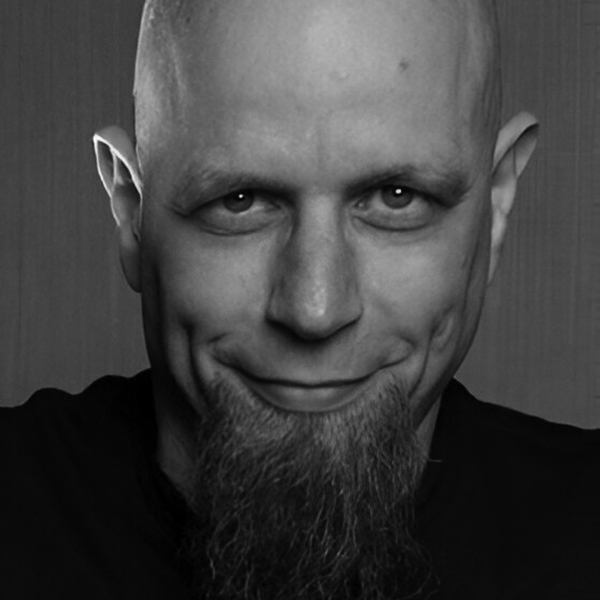
Low Desert
Rodrigo Baggio
The Low Desert... an astonishing and sonorous landscape...
Rodrigo Baggio is a guitarist and composer from São Paulo, Brazil. His music has been performed in many cities around the world such as São Paulo (Brazil), Paris (France), Quebec (Canada), Bremen (Germany), London (England), Bucharest (Romania), Vermont, New York and Washington DC (USA). As a performer, he has played concerts in different countries of the globe.
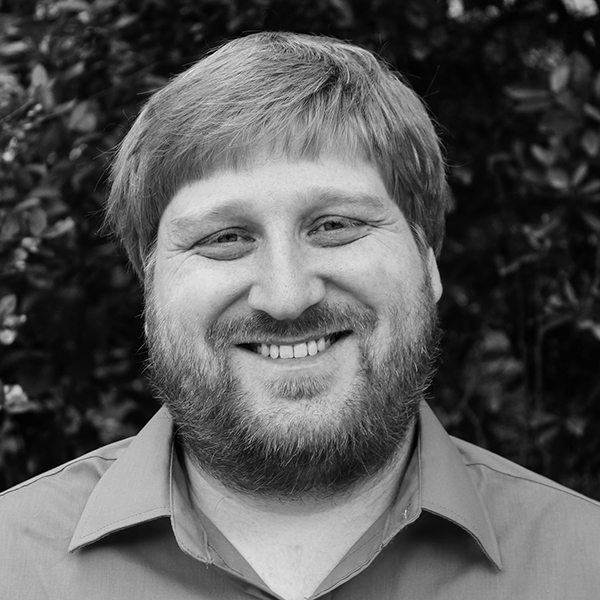
Spray
Michael Mikulka
Michael Mikulka has written well over 100 pieces in various styles and instrumentations and has won contests and stuff like that. He is currently pursuing his DMA in Composition at the University of Texas. If you would like to hear some of his longer works, please visit http://www.michaelmikulka.com/
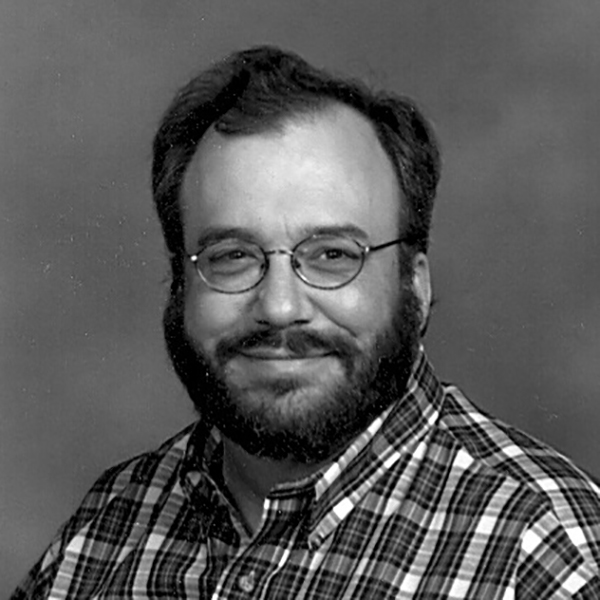
Iwabue
David Bohn
David Bohn received degrees in composition from the University of Wisconsin, University of Wisconsin-Milwaukee, and the University of Illinois. He currently resides in West Allis, Wisconsin, and is the music coordinator at Peace Methodist Church in Brookfield. He is the President of the Wisconsin Alliance for Composers.
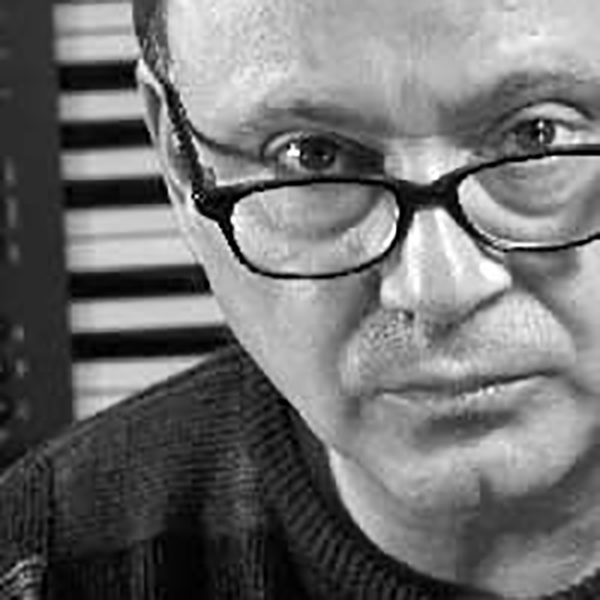
Lillith Channeling
Rocco Di Pietro
Rocco Di Pietro was born in Buffalo, New York in 1949. He studied composition and piano with Hans Hagen and Lukas Foss in Buffalo and at the Berkshire Music Center, Tanglewood. He studied in New York and Darmstadt with Bruno Maderna and was a freelance composer for twenty years before earning degrees from SUNY Buffalo and Vermont College.He became an interdisciplinary adjunct professor teaching in prisons and on many college campuses throughout New York, Ohio, and California. He toured California prisons as artist-in-residence and conducted four years of interviews in Chicago with Pierre Boulez. The resulting book, DIALOGUES WITH BOULEZ, was recently published by Scarecrow Press. He composed Prison Dirges I for the Kronos String Quartet.
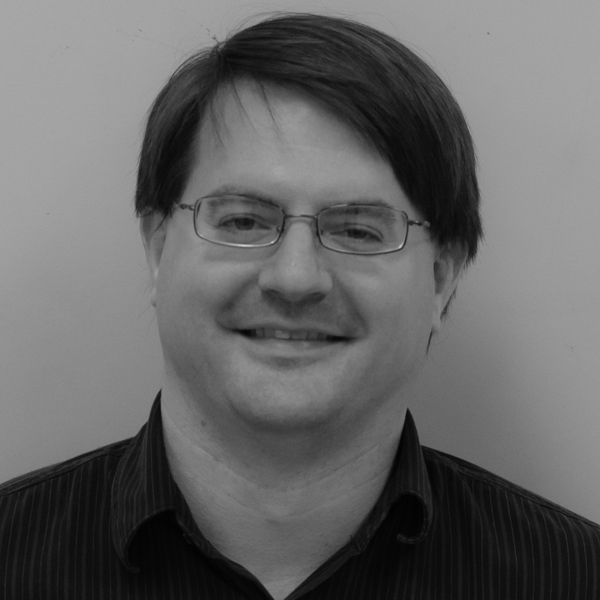
Neanderthals of the Future
Samuel Stokes
Samuel Stokes has a Ph.D. in music composition from Louisiana State University where he studied under Dinos Constantinides. Among Stokes’s compositions are Symphony No. 1, "Eustace the Monk," which was premiered by the LSU Symphony, and two full-length musicals entitled Dracula and Bird Millman.
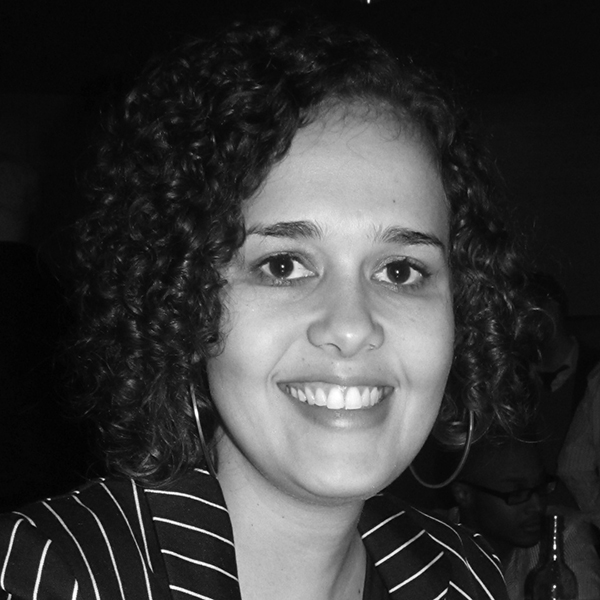
Plea
Syrlane Albuquerque
Syrlane Albuquerque was born in Brazil. In 2003 she moved to US to pursue her degree in Theory of Composition. She went to Dallas Baptist University (undergraduate) and Southern Methodist University (masters), studying with Michael Cox, Simon Sargon and Xi Wang. Her style is a blend of classical and Brazilian music.
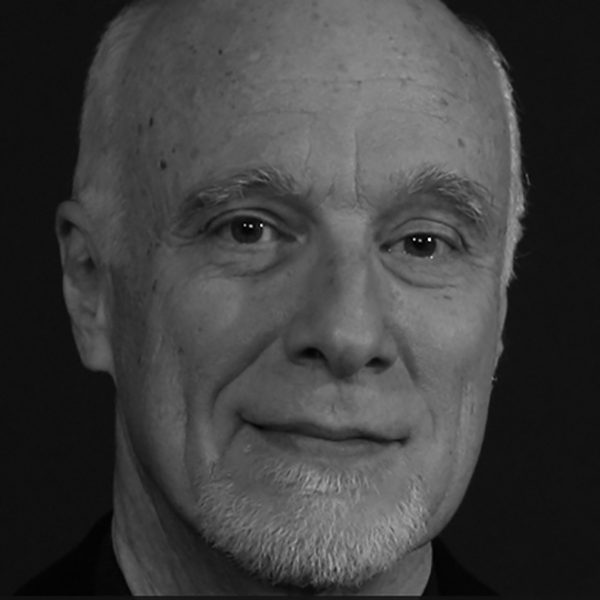
Escape Velocity
David Evan Jones
David Evan Jones is a composer/theorist with diverse interests and publications in chamber music, chamber opera, computer music, and computer-assisted composition. Research Interests: Some of his theoretical and compositional work focuses on structural relationships between phonetics and music. Jones has worked extensively in computer music, composing in residence at the Elektronmusikstudion (EMS) in Stockholm, at L'Institut de Recherche et de Cooordination Acoustique/Musique (IRCAM) in Paris, and at Bregman Electronic Music Studio at Dartmouth College (where he co-founded, with Jon Appleton, the Dartmouth graduate program in Electro-Acoustic Music). In his role as an instrumental/vocal composer, Jones has served as Composer in Residence at York University in England and been a featured composer at Texas Christian University. His compositions have been recognized by a number of grants and awards. Jones is currently composing a second chamber opera, beginning a second compact disc of compositions influenced by Bulgarian folk music, and continuing his work with speech/music synthesis.

Bypass to Otherness
Robert Dick
Robert Dick has utterly dispensed with preconceptions about what a flutist should sound like and what a flutist should play. More than any flutist ever, Dick has reshaped the musical possibilities of the instrument, creating many thousands of new sonorities. Since he began composing and improvising in the 1970s, he has pursued the core idea that acoustic instruments are capable of sonic vocabularies and musical expression extending far beyond their traditional sonorities and musical roles. Robert’s music carries this vision of continuous transformation into his approach to aesthetics and style. He draws from the jazz tradition, world musics (especially Indian and African), electric and electronic music and natural sounds. Hallmarks of his work are clarity of structure and vivid timbre. His compositions, striking in the intensity and originality of their emotion, structures and sound, have been recognized with a Guggenheim Fellowship, two NEA Composers Fellowships and very many grants and commissions.